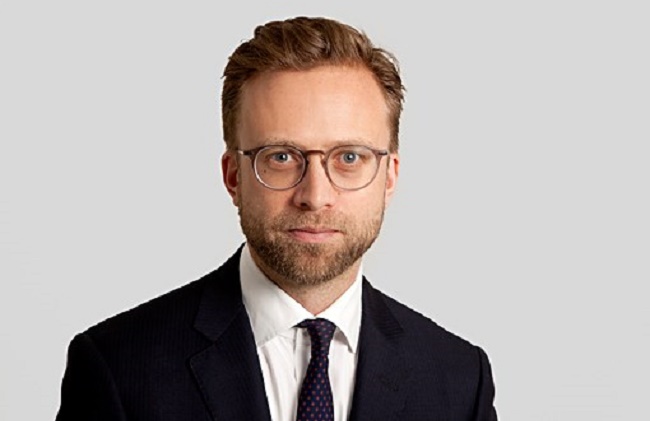Norway names 10 African development partners

Norwegian Minister of International Development Nikolai Astrup
Photo: Sturlason/Ministry of Foreign Affairs
Ten African countries are among the 16 chosen by Norway as development partners, according to a white paper released recently by the Norwegian government.
Norway divides its development partnership into two categories.
Ethiopia, Tanzania, Uganda, Mozambique, Ghana and Mali are placed in the first category for long-term development cooperation.
Non African nations in the group include Nepal, Colombia, Myanmar and Indonesia.
African members of the second category, which is about stabilization and conflict prevention, are Somalia, Mali, Niger and South Sudan. The rest are Afghanistan and Palestine.
‘Over the years, Norwegian aid has been spread too thinly, both geographically and thematically. If we are to achieve the UN Sustainable Development Goals and make the best possible use of our aid funds, we must concentrate our efforts,’ said Norway’s Minister of International Development Nikolai Astrup, according to a press release.
‘This white paper sets out our plan for concentrating Norway’s efforts on just a few partner countries. In our cooperation with these countries, we will use the full range of development policy tools at our disposal. Development is more than aid, and it is precisely this fact that the white paper takes as its starting point,’ said Mr Astrup.
The long-term development category applies to countries where Norway has been involved in long-standing cooperation, has built up considerable experience and expertise, and already has a presence. These factors are important for developing partnerships and achieving lasting results.
‘We will use the full range of our development policy tools in our partner countries, with a view to supporting these countries to one day become independent from aid. We need to focus on measures that boost economic growth, create jobs and secure tax revenues, which in turn will enable these countries to invest in education, health and other services for their own population,’ said Mr. Astrup.
Norway’s efforts in its partner countries in the stabilization and conflict prevention category will draw from the priorities set out in the strategic framework for its engagement in conflict prevention, stabilization and resilience building, which was launched in 2017.
‘Our efforts in countries affected by conflict and fragility cannot continue as before. Today, 88 percent of the world’s humanitarian crises have lasted for more than seven years. This is longer than many development projects last, and it means that we have to take a long-term perspective. We therefore need a comprehensive approach as to how we put our development tools to work. Humanitarian response and long-term development efforts have different goals, but must pull in the same direction,’ said Mr Astrup.
In an OECD DAC survey carried out in 2015, a large number of developing countries indicated that what they need from donor countries is technical cooperation to enable them to strengthen their public institutions’ knowledge base and expertise, rather than money.
In March this year, the Government established Kunnskapsbanken (a pool of technical experts) with a view to strengthening our technical cooperation programs: Tax for Development, Oil for Development, Fish for Development, and Like, the gender equality for development program. eKunnskapsbanken will be Norway’s main channel for technical cooperation in the years to come.
‘Norway is a resource-rich country, not only in monetary terms, but also in terms of knowledge, skills and experience. Among developing countries there is a demand for this expertise. As this white paper outlines, transfer of expertise will be just as important as transfer of funds. By sharing our experience and expertise in areas such as taxation, oil, fish, gender equality, and clean energy, we can help developing countries take greater responsibility for their own development,’ said Mr Astrup.

